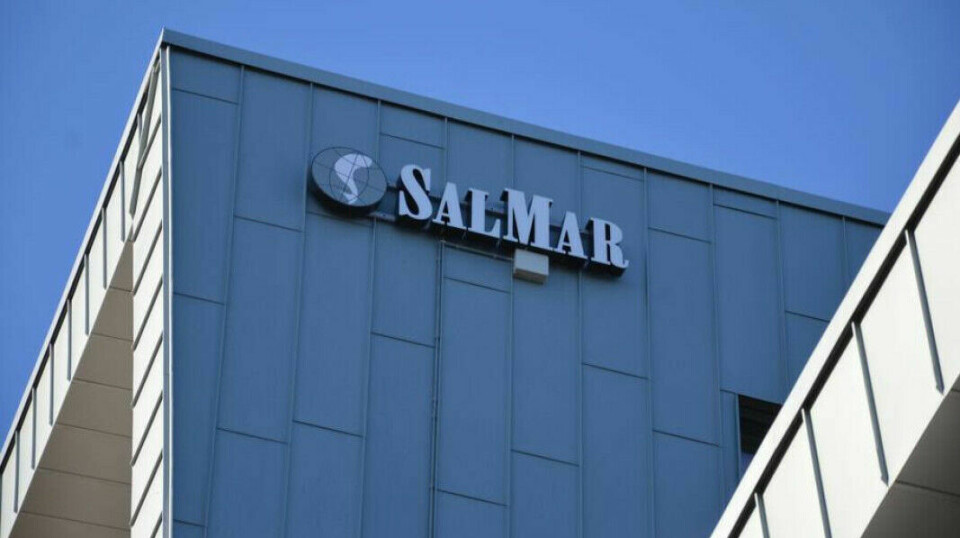
Norway salmon farmers to challenge EU's price-fixing claims at Brussels hearing
A long-running European Union investigation into alleged price fixing that began with raids on the Scottish offices of Norwegian salmon farmers in 2019 reaches an important stage this week.
Grieg Seafood, SalMar and other Norwegian salmon producers will challenge EU charges of taking part in a cartel and fixing prices at a hearing in Brussels, the companies and three people with direct knowledge of the matter told the Reuters news agency.
The behind-closed-doors hearing in front of senior antitrust officials from the EU’s competition enforcer, the European Commission (EC), comes eight months after the companies received an EC statement of objections or charge sheet under antitrust legislation.
According to the EC, Norway-headquartered salmon farmers Mowi, Cermaq, Grieg Seafood, Bremnes, Leroy, and SalMar exchanged commercially sensitive information such as sales prices and production volumes between 2011 and 2019, artificially raising the spot price. The alleged conduct concerns sales of fresh, whole and gutted Atlantic salmon farmed in Norway, which accounts for nearly 80% of all farmed Atlantic salmon exported from Norway.
Office raids
The EC’s Statement of Objection in January was the result of an investigation that began with raids carried out on offices of fish farmers in the UK and other EU member states on February 19, 2019, before the UK left the EU. Grieg Seafood Shetland (now part of Scottish Sea Farms), Mowi Scotland and Scottish Sea Farms (owned 50-50 by SalMar and Lerøy) were subjected to unannounced inspections by EC officials.
The EC was unable to raid offices in Norway because it is not in the EU member state and as an EEA (European Economic Area) country is not under the same EU jurisdiction as the UK was at the time.
SalMar told Reuters that it strongly disagreed with the EC’s preliminary assessment and would present its views on this at this week’s hearing.
Allegations denied
Grieg Seafood confirmed it would attend the hearing and denied any antitrust infringements or anti-competitive behaviour by it or its subsidiaries.
Mowi declined to comment, and the other companies did not respond to requests for comment, reported Reuters. They all face massive fines if they are found to have breached EU antitrust rules.
The case prompted class actions against the salmon companies in the United States and Canada, which resulted in the farmers paying US $85 million to the US plaintiffs, without admission of guilt. The action in Canada was also settled, again without any admission of guilt. The companies said they agreed to the payments to put an end to hefty legal costs.






















































